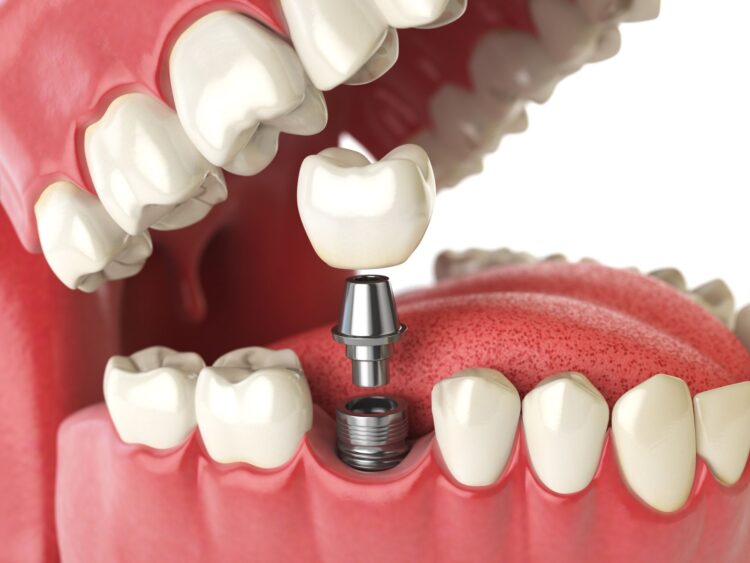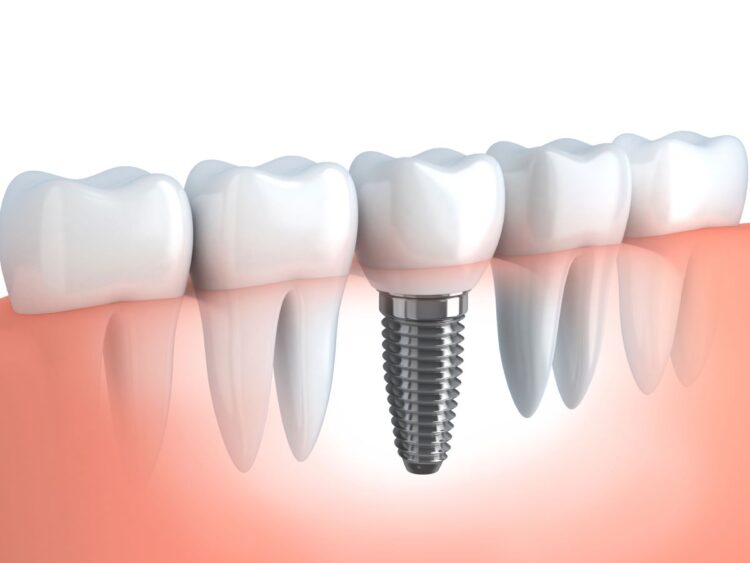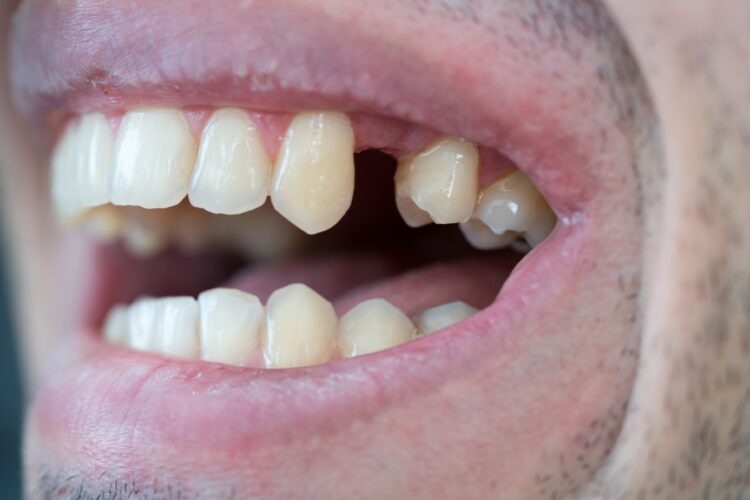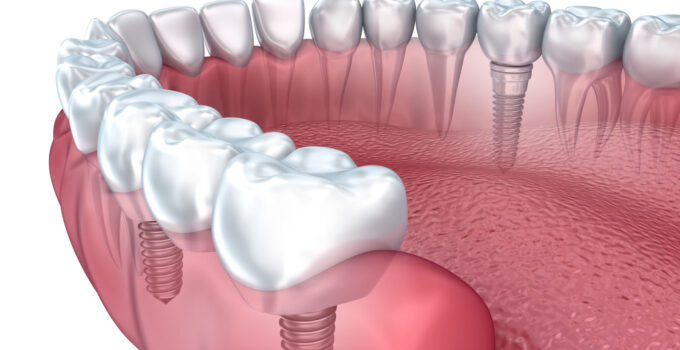One of the most common ways of replacing missing teeth is by means of a dental implant. Such implants imitate the actions of the roots of the natural teeth, retaining the jawbone tissue. A missing tooth does more than just spoil a smile. During your interactions with other people, it will leave you feeling self-conscious because you are always thinking what people think of your looks.
When the dentist recommends getting dental implants for missing teeth, you think about a lot of critical questions. It can be an unsettling sensation. To ensure that all of your questions are answered before treatment, we have put together a list of the 10 questions (and answers) you can ask your dental professional before an implant.
Page Contents
1. Is a Dental Implant Right for Me?

Source: harmonydentalcare.com
There are some options to replace missing teeth, such as dentures. Ask your dentist whether a dental implant is right for you. Dental implants are perfect for people who need their teeth to look and feel natural. For an implant to support strong gums and jaws, the decision should be made by the dentist or periodontist. They’ll ask about your personal records and lifestyle patterns to ensure that you’re a successful dental implant candidate.
2. Can any Dentist Provide a Dental Implant?
Dental implants are advanced dental procedures that require experience and preparation for proper positioning and for risks to be minimised. Therefore, it is not recommended that just any dentist should do dental implants. Dr Sam Goldsmith, oral surgeon specialist at nsoms.co.nz advises that you consider a dental implant consultant with the necessary implant knowledge, training and expertise.
3. How Long Will the Implant Last?

Source: dentalassociatesofbuckhead.com
Through careful treatment these dental prosthetics will last for over 40 years. Implant maintenance is not especially complicated, because there is no need for a special cleaning procedure. Clean twice every day, floss daily, and have dental check-ups twice a year to ensure that the dental implants last for life. The chances of an implant resisting a patient’s body are very slim. If that occurs, it is usually because the patient is allergic to copper, or whatever the implant substance is. Implants may also be difficult if the patient does not have healthy oral hygiene habits. Taking good care of the teeth before and after the implant limits the risk of implant failure.
4. What are the Risks of Dental Implants?
Like any mild oral surgical operation, there is a chance of infection, swelling and discomfort. Your prosthodontist will explore how this can be handled. If there is no bone available to position the implant, then treatment for bone and gum grafting will be needed. This will increase the cost of the procedure. In the long run, however, the initial cost will pay off.
5. How Painful is Getting a Dental Implant?

Source: myauroradentist.com
Although discomfort can vary from person to person, most people say that their dental implant was much less painful than they expected. The dentist will give you an anaesthetic for the surgical dental implant process and you can experience slight pain if any. We use gentle methods and because the area where we operate is safe, the chance of contamination is little. If you follow the post-operative instructions of the dentist and take the recommended medication, you will only feel slight pain. A doctor would typically recommend medication for pain relief, but a lot of people don’t need that.
6. How Long Does the Implant Procedure Take?
The operation of the dental implant will take a total of several months. When you have optimum oral health, and your jaw bone is strong enough to tolerate an implant, the same day the tooth is removed, you will get your appointment for dental implant surgery. Patients may have to wait several months to allow the area to heal before the dentist can position a final crown. When a patient is recovering from an infection, the loss of a tooth to trauma, or needs a bone grafting operation, it can take several extra weeks or months to complete the entire implant process.
7. What Happens if a Missing Tooth is not Replaced?

Source: smileyourbest.com
People may have trouble chewing food when a tooth is lost and not replaced. Their jawbone may deteriorate more quickly. This raises the risk of deterioration, gum disease and the loss of adjacent teeth. The remaining teeth may move, which creates issues with chewing. The skin of the face may sag and produce an imperfect smile.
8. Will my Insurance Cover Dental Implants?
Dental insurance usually does not cover implants. Today, however, more businesses are starting to offer dental implants. In certain cases, if your insurance does not cover the dental implants themselves, they may help to pay for the teeth that the dentist puts on your implants. You may want to contact the insurance company to see if you have implant cover.
9. Can Anyone get a Dental Implant?

Source: omegadentists.com
Not all people are candidates for dental implants. In order to decide whether they are suitable candidates for implants, patients must undergo a detailed test. A successful dental-implant candidate should have strong enough jawbones to hold the implant. You are a good choice for dental implants if you have one or two missing teeth, loose teeth, or a dental bridge and cannot chew food well. When children have lost permanent teeth, they can have dental implants too. In most cases, however, implant dentists will wait until the facial growth and development of a child is complete for implants to be placed.
Missing teeth can make you feel self-conscious while eating, talking or laughing, and can give you oral health issues. Dental implants are a perfect way to improve your dental health and your confidence.





